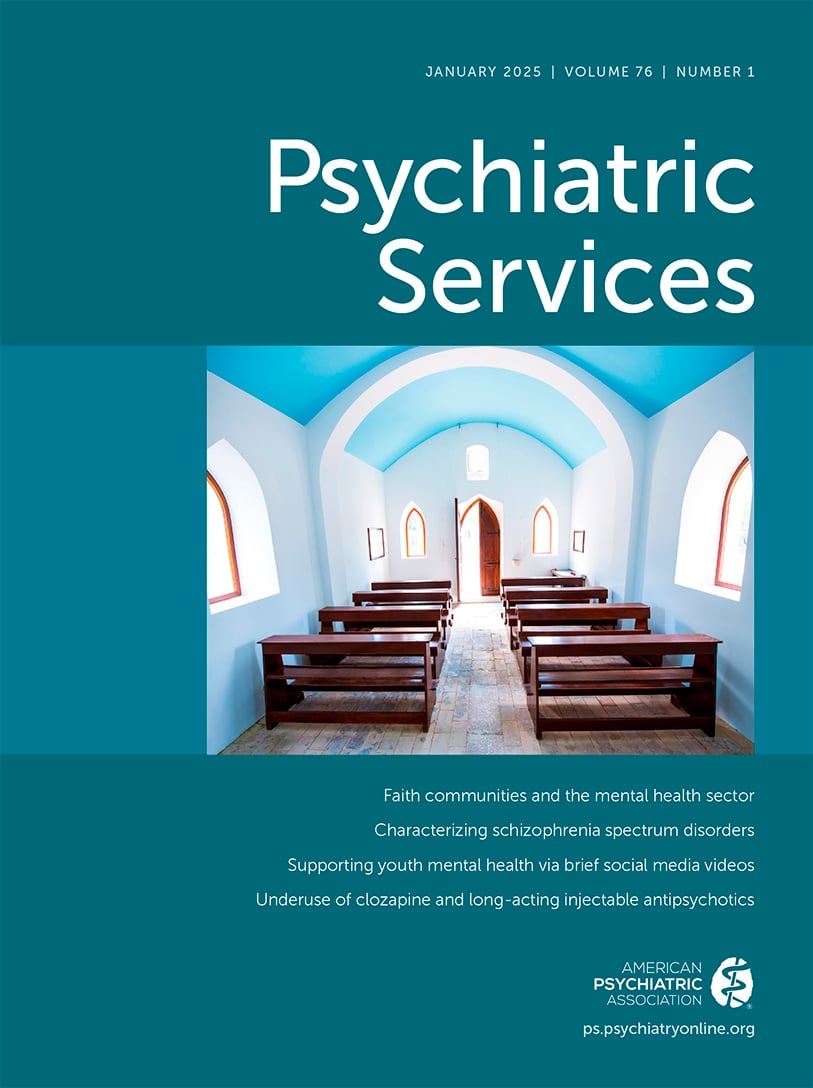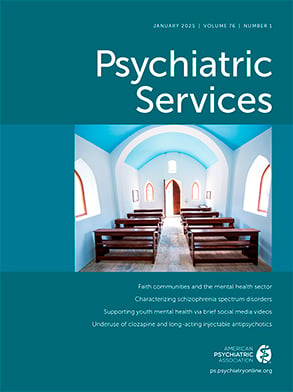Losing a loved one is a traumatic experience that may cause deep sadness, pain, or distress. Although some people heal without intervention, others need additional support. Black Americans are more likely than White Americans to experience prolonged grief symptoms. Despite disproportionately experiencing trauma and loss, Black Americans are less likely than other racial-ethnic groups to seek care because of stigma and systemic barriers.
Bereavement groups may improve outcomes for people dealing with grief. A recent review concluded that bereavement groups were marginally more effective than control groups posttreatment but not at follow-up. Most study participants were middle-aged White women; facilitators were usually mental health professionals.
Black Americans often prefer to seek help for grief through churches instead of the health care system. Black churches increasingly use lay- and clergy-led bereavement groups, which can reduce barriers to care. This report describes the process and lessons learned from implementing a faith-based grief support program, GriefShare, in one Black church in Ardmore, Pennsylvania.
GriefShare is designed to help people who are grieving. It has been implemented in more than 20,000 churches worldwide since 1998. GriefShare is a 13-session, manualized program that churches can offer in person or online. Each 2-hour session consists of watching a video about grief-related topics and having a discussion. Videos include advice from grief recovery experts, pastors, mental health professionals, and people who have experienced loss. GriefShare is based on Christian principles, but individuals from other faiths or with no religious affiliation have benefited from it. As with most bereavement programs, GriefShare has not been tested in a controlled trial.
Sessions address topics such as common responses to a loved one’s death, what to expect after loss, how to cope with related emotions, how grief affects relationships, and self-care. Between sessions, participants use a workbook to review concepts and complete exercises; they can also access additional resources online. GriefShare is designed to be delivered by lay church members who complete a 3.5-hour online training.
The first author began jointly facilitating GriefShare with a church ministry leader in 2022 and has jointly facilitated the program three times via videoconferencing; both facilitators are Black women. The church that hosted GriefShare is an African Methodist Episcopal church with 125 members, most of whom are Black, and is located in a racially heterogeneous community (76% White, 8% Black, 5% Hispanic). Fifty-five church and community members have participated; most had recently lost a family member. On average, eight people attended each session. Forty-four participants (80%) were Black women, which is consistent with Black church membership nationally. Hosting sessions online boosted participation because participants said they preferred the convenience of joining virtually from home.
We faced several implementation challenges. First, we had difficulty identifying group facilitators. Potential group facilitators cited competing demands and the training-related burden. Providing an incentive, such as a small stipend, could help address staffing needs.
Second, early on, when GriefShare sessions were held biweekly, some people attended irregularly, did not complete assignments, or discontinued participation. Once we started offering the sessions weekly, attendance and assignment completion dramatically increased.
Third, few young people or men have enrolled in the program, even though they have experienced grief. We are considering offering bereavement groups specifically for these groups but have not yet developed an outreach strategy.
Finally, 11 participants (20%) requested professional care. GriefShare provides no systematic process for referring people to mental health services. Thus, we implemented the following referral procedures: provide participants with a list of local mental health resources; refer participants to our network of vetted, culturally competent mental health professionals; and facilitate connections to care for participants who want support to make their initial appointment. However, we did not know whether agencies on our list were able to treat participants in a timely manner or whether participants could afford care.
On the basis of our findings, we learned that a Black church can provide grief support that is acceptable to people in need. We have adapted the GriefShare program, as described above, and continue efforts to attract more people in need of grief support.

